“You may not learn about statistics at the theater, but the theater can teach you about the wicked challenges we share”

Picture from the play, 'The Human Burden.' (Photo: Søren Meisner)
If you ask CBS’ Associate Dean for Lifelong Learning, the theater is a good place to learn. Right now, he is collaborating with the organization Stages of Science on a play about the ethical dilemmas of artificial intelligence. The plan is to invite both students and CBS alumni to join in and help shape the project.
When Rasmus Johnsen, Associate Dean for Lifelong Learning at CBS, left the Royal Danish Theater after seeing the play ‘The Human Burden’ by Stages of Science, he left with a feeling of having seen something eye-opening.
‘The Human Burden’ was a mix of different people’s experiences of depression and contributions from experts, including Rasmus Johnsen, about depression. All designed to explore the nature of depression, as well as sparking reflection and discussions about the disorder that directly affects about 500,000 Danes during their lives.
For example, the audience meets Randi, a woman who has suffered from stress-related depression three times and is now back at work. However, shortly afterwards, she begins having symptoms of work-related stress. What should she do? Should Randi talk to her boss about it? Should the boss reprimand Randi? Is she on her way into a new crisis? All such dilemmas, the audience is asked to consider, and via a clicker, they can submit their anonymous answers, which are reflected on a screen.
“This is a very democratic way of creating knowledge in the sense that it challenges the traditional idea of knowledge dissemination as a transaction between someone who knows and someone who doesn’t,” says Rasmus Johnsen and continues:
“It’s a space where a wide range of stakeholders can participate. A space where our personal experiences can contribute to knowledge production, and it was an eye-opener to me that the theater can offer that space.”

‘The Human Burden’ was the play that sparked the idea of a collaboration between Stages of Science and CBS. (Photo: Søren Meisner)
Currently, Rasmus Johnsen has teamed up with Thomas Corneliussen, producer of the play ‘The Human Burden’ and Founder and Art Director of Stages of Science, to work on enabling CBS students and alumni to engage in a pilot project that will eventually become a play exploring artificial intelligence. The pilot project is part of CBS’ investment in lifelong learning.
“I want to create new spaces for learning and a learning platform that address the kinds of problems that we all meet but don’t necessarily have straightforward answers to,” explains Rasmus Johnsen.
And according to Rasmus Johnsen, artificial intelligence is raising these sorts of problems and questioning issues that cannot be solved by regular group discussions in SP01.
“Artificial intelligence has a radical impact on the way we live and organize ourselves. Whether you work in marketing, finance, technology development, entrepreneurship or leadership, everyone is affected by the opportunities and challenges that artificial intelligence offers,” he says.
For example, artificial intelligence feeds us with tailored advertisements and news based on our Google searches and daily activities on social media and the internet in general. And as AI gets to know us, it moves us in certain directions, according to Rasmus Johnsen.
“We know that people with controversial opinions are easier for AI to identify, and it looks as if artificial intelligence is pushing people to adopt simpler opinions. Because the less complex behavior people display, the clearer their consumer behavior, and the easier it is to make personalized ads,” explains Rasmus Johnsen and continues:
“It’s not AI that’s the problem here, but rather the way we program it. It creates extreme individuals because they are easier to identify. And that’s the scary part. We use it to replicate ourselves. We need to discuss the ethical and philosophical dimensions of AI The theater is an ideal place to facilitate such a learning space.”
We need reflection to make transformative learning happen
But what exactly can a theatrical setting and the stage offer in terms of learning that auditoriums cannot?
According to Thomas Corneliussen, the combination of asking questions during the play, as well as playing out the scenarios and dilemmas we meet, can spark a different kind of conversation – with others and within ourselves – and he gives an example from a play about a disabled man.
“The audience meets a disabled guy and sees the world through his eyes. Sees how people treat him and the challenges his disabilities give him. Some realize that they themselves are part of his problems, while others are confronted with their own discomfort towards him. And this makes people reflect,” says Thomas Corneliussen and continues:
“Theaters can create a space for reflection within people, and that’s the kind of reflection we need if we want people to qualify their opinions and behavior. And it’s the kind of reflection we need if we want transformative learning. And I believe that’s what Rasmus felt when he left the theater that night.”
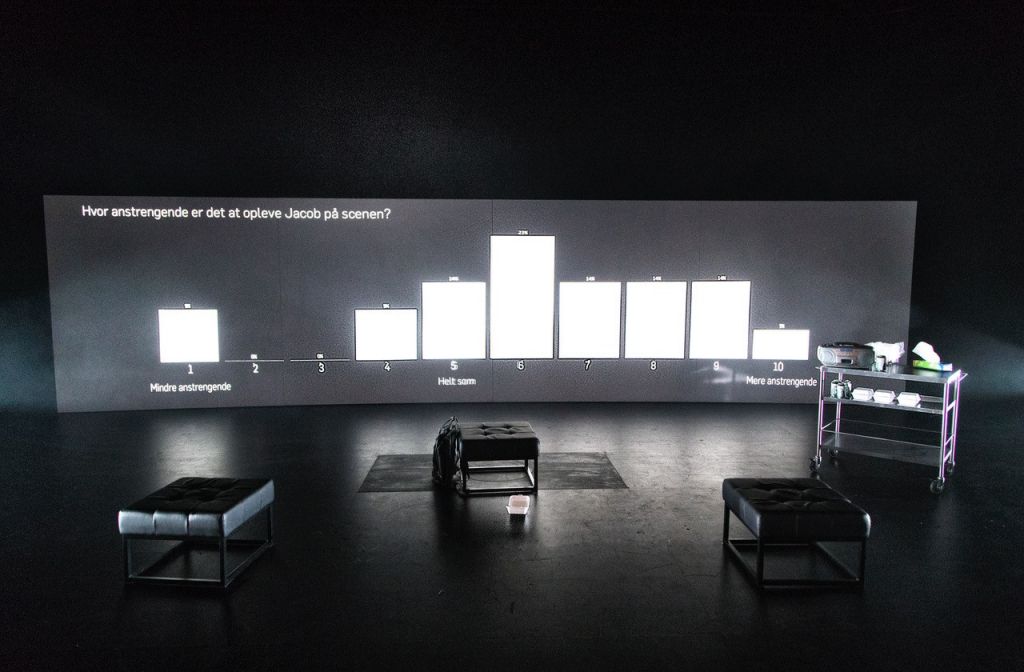
During the play, ‘Human Afvikling’, the audience meets Jacob, a disabled man. Here, the audience answers the questions: How tiring is it to experience Jacob on the stage? (Photo: Per Morten Abrahamsen)
The AI play that Thomas Corneliussen is working on is about how we try to make robots and AI more human-compatible. The idea is to involve students and alumni in the process of creating the play. For example, students and alumni will be asked about AI and their own opinions about it. The answers will be used to direct the play and identify which ethical dilemmas the play should cover.
“It’s important for the project to involve people with different backgrounds because they will have different opinions and experiences with AI. Have they seen it in use? Do they see it as threat or a help? We need to trigger people’s values and feelings about this to drive the transformative process,” says Thomas Corneliussen.
Learning how to learn
Rasmus Johnsen explains that the overarching aim of creating new learning platforms is to make people learn how to learn – also in collaboration with others.
“You may not learn about statistics at the theater, but as a learning space, the theater can teach you to address the wicked challenges we face in community with others. It’s about staying with the trouble – together. And this will ultimately support learning opportunities on a daily basis. Learning how to learn, basically,” he says.
The World Economic Forum has listed trends that will define and revolutionize how we learn, in order to build the workforce of the future. The list sums up what they call a new learning paradigm: Digital Learning 2.0.

The list describes that “learning is no longer just about content and knowledge”, but rather “about learning with others and practical on-the-job experiences” and that “adults learn through reflection, peer dialogue and application”.
“Learning how to learn is a competence closely connected to our inability to predict what jobs people will have in the future. It’s a skill that enables you to act in uncertainty and be curious about changing times,” says Rasmus Johnsen and continues:
“And through the theater, we can stage the conceptions, challenges, dreams and despair that people have, and in that way, bring people closer to the world they act and live in.”
Some people may raise their eyebrows about bringing theater into higher education institutions, but if you ask Thomas Corneliussen it makes a lot of sense from a leadership perspective.
“Leadership is about acting and innovating in hyper-complex processes. And creative processes can inform us about how to do that, and how co-creation between leaders and employees can get us to the point where we can act meaningfully in that hyper complexity,” he says and continues:
“But it requires that we can create a space where people feel safe and engaged and dare to raise their voices about their values, as well as understanding their roles and the common goal.”
For now, the collaboration between Stages of Science and CBS is a pilot project. However, Rasmus Johnsen has big dreams for the future.
“Between us and the readers, I would love to turn the old water tower near Kilen into a stage that we could share with the rest of Frederiksberg. A place where we could gather the artistic forces around learning and creating new teaching formats, and a place where generations can meet around common issues,” he says.



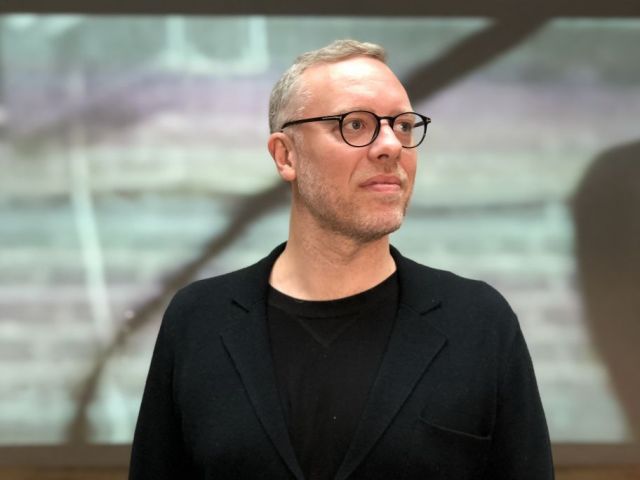
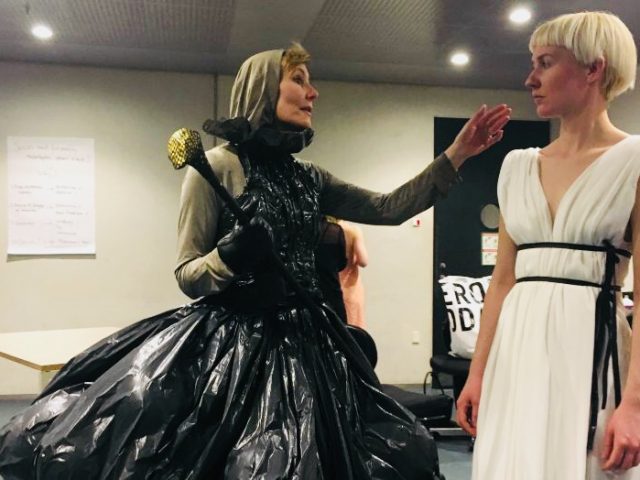
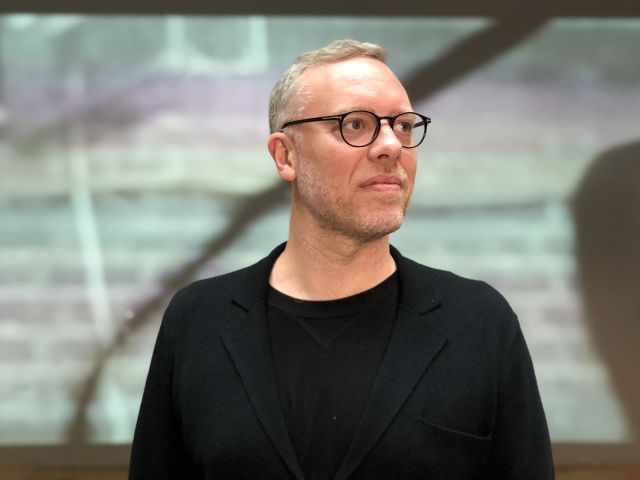
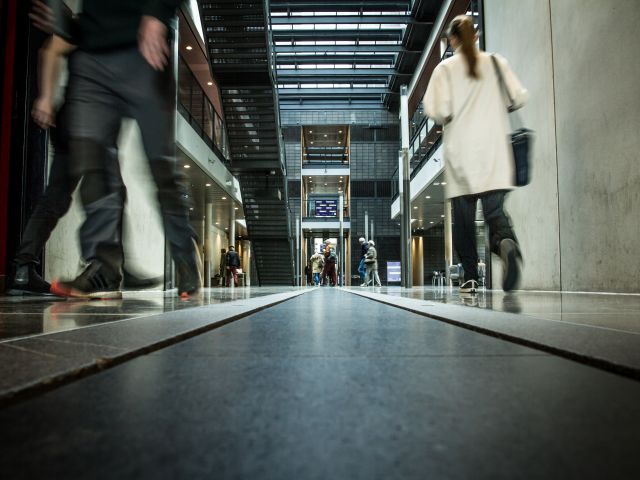
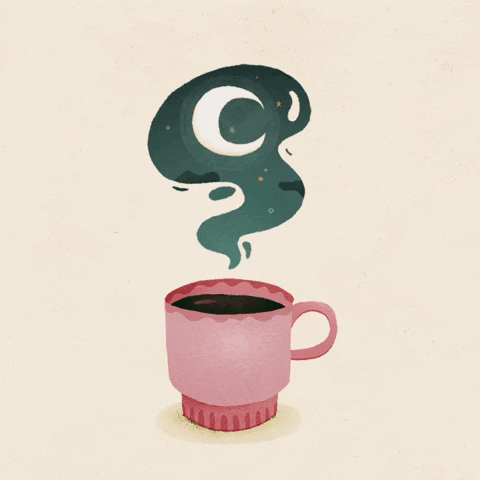
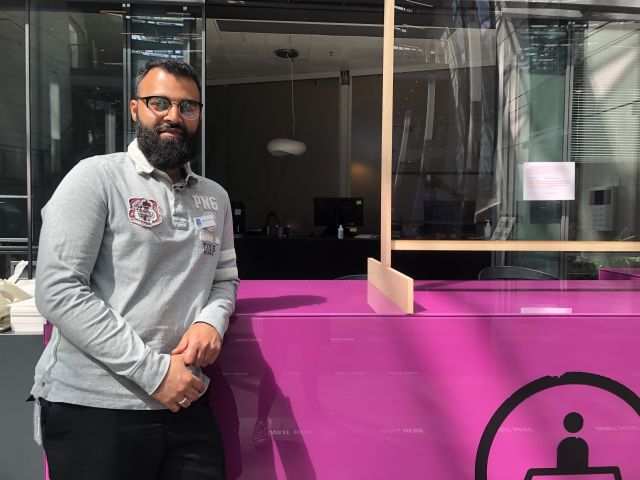




























































































































Comments